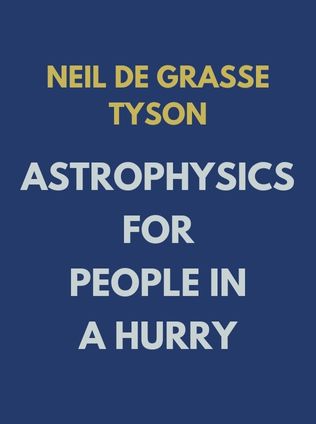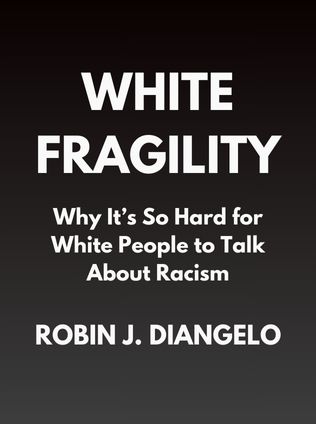
Apocalypse Never
Why Environmental Alarmism Hurts Us All
By Michael Shellenberger
Published 06/2020
About the Author
Michael Shellenberger is an award-winning author, environmental policy expert, and advocate for technological solutions to global challenges. He has spent decades working in the environmental movement, gaining a deep understanding of the complexities involved in balancing economic development and environmental protection. Shellenberger is the founder of Environmental Progress, a research and policy organization that focuses on the intersections of energy, the environment, and human prosperity.
Throughout his career, Shellenberger has been a vocal advocate for nuclear energy as a critical component of the fight against climate change. His approach often challenges mainstream environmentalism, particularly the more alarmist strains that, in his view, exaggerate the dangers of climate change while downplaying viable solutions. In "Apocalypse Never," published in 2020, Shellenberger articulates a vision for environmental progress that is grounded in optimism, scientific rigor, and a belief in human ingenuity.
Main Idea
"Apocalypse Never" presents a provocative argument against the prevalent narrative of impending environmental catastrophe. While Shellenberger acknowledges the reality of climate change and the human activities that contribute to it, he argues that the apocalyptic rhetoric surrounding environmental issues is not only misleading but also harmful. This narrative, he contends, creates unnecessary fear and anxiety, particularly among young people, and distracts from effective, evidence-based solutions.
The book advocates for a more measured approach to environmentalism, one that embraces technological advancements—especially nuclear power—as essential tools in addressing climate challenges. Shellenberger argues that rather than retreating into a mindset of doom and gloom, society should focus on what works: harnessing human creativity and innovation to create a sustainable future. He asserts that many of the environmental trends are more positive than commonly believed and that there are strong reasons to be hopeful about the future.
Table of Contents
- Introduction: The Climate of Fear
- Chapter 1: The Myth of the Environmental Apocalypse
- Chapter 2: Energy Density and Power Density: The Real Drivers of Progress
- Chapter 3: The Problem with Renewables
- Chapter 4: The Case for Nuclear Power
- Chapter 5: Saving the Planet: The Human Cost
- Conclusion: A Humanist Approach to Environmentalism
Introduction: The Climate of Fear
Shellenberger begins "Apocalypse Never" by addressing what he calls the "climate of fear" that has permeated discussions about the environment. He argues that while climate change is a significant issue, the pervasive fear of imminent disaster is not based on an accurate reading of the evidence. Instead, it is often fueled by sensationalism and a misunderstanding of the science.
He writes,
"Environmentalists have exaggerated the threat of climate change to the point of inducing widespread fear and anxiety, particularly among young people. This fear is counterproductive and distracts us from the real, actionable solutions that can make a difference." - Michael Shellenberger
This fear-driven narrative, according to Shellenberger, has serious consequences. It not only creates a sense of hopelessness but also leads to policies that are driven more by emotion than by evidence. The introduction sets the stage for the rest of the book, where Shellenberger systematically debunks the myths surrounding the environmental apocalypse and offers a more optimistic perspective on the future.
Chapter 1: The Myth of the Environmental Apocalypse
In the first chapter, Shellenberger challenges the prevailing narrative that the world is on the brink of environmental collapse. He argues that this narrative is not only inaccurate but also counterproductive. While acknowledging the reality of environmental challenges, he contends that the situation is far from hopeless and that many of the solutions are already within our reach.
He provides evidence to support his argument that the apocalyptic narrative is overblown:
- Carbon Emissions: Over the past several decades, carbon emissions in developed countries have declined, largely due to the transition from coal to natural gas and nuclear power. This trend contradicts the idea that we are headed toward an inevitable environmental disaster.
- Reforestation: Contrary to the common belief that forests are disappearing at an alarming rate, Shellenberger points out that many parts of the world have seen significant reforestation. This is partly due to the reduction in the amount of land needed for agriculture, thanks to more efficient farming practices.
- Natural Disasters: While the cost of natural disasters has increased, largely due to the growth in the value of coastal and fire-prone real estate, the death toll from these events has actually decreased by 90% over the past century. This is due to better technology, infrastructure, and disaster response systems.
Shellenberger argues that these positive trends are often ignored or downplayed in favor of a narrative that emphasizes doom and catastrophe. He suggests that this approach is not only misleading but also harmful, as it can lead to policies that are based on fear rather than on what actually works.
He writes,
Sign up for FREE and get access to 1,400+ books summaries.
You May Also Like
I Am Malala
The Story of the Girl Who Stood Up for Education and Was Shot by the Taliban
By Malala YousafzaiFactfulness
Ten Reasons We're Wrong About the World – and Why Things Are Better Than You Think
By Hans Rosling



















